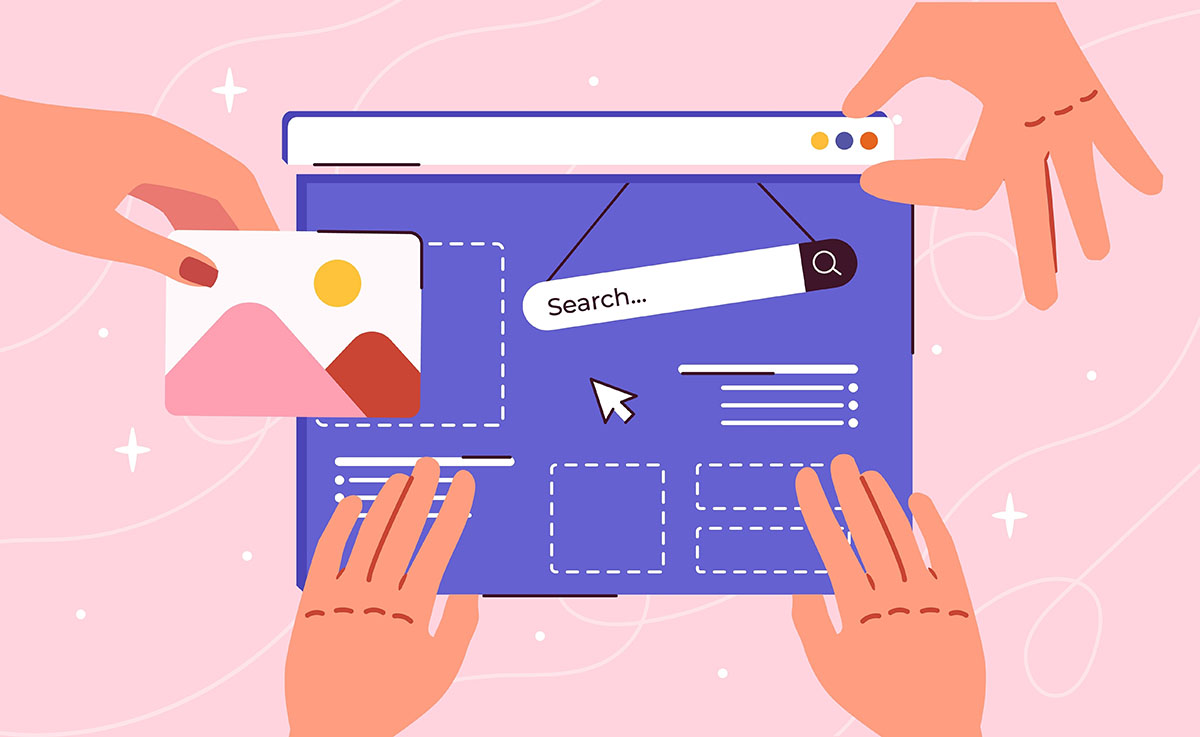On April 24, 2024, the Department of Justice made a final rule regarding updating its regulations for Title II of the Americans with Disabilities Act (ADA). Title II of the ADA requires state and local governments to make sure that all their services, programs, activities and offerings are accessible to people with disabilities. This final rule has specific requirements about how to ensure that state and local government provided web content, mobile applications (apps) and all other software are accessible to people with disabilities.
Who Has to Follow the Federal Rule?
Similarly to all other aspects of Title II of the ADA, the federal rule applies to all state and local governments, including all agencies, departments, as well as special purpose districts and commuter authorities. Other entities that contract with state and local governments to provide public services, such as healthcare or non-profit organizations, also have to comply with the Title II federal rule. Examples include:
- Township and county websites
- State and local government offices that provide public services (i.e. social services, health insurance or food assistance)
- Public school districts
- Community college and public universities
- State and local police departments
- State and local court systems
- State and local elections offices
- Public hospitals and healthcare clinics
- Public parks and recreational programs
- Public libraries
- Public transit agencies
- Non-profit organizations that contract with state and local governments to provide public services (i.e. public health services, childcare services or shelters)
What is the Federal Rule Requirement Deadline?
State and local governments must make sure that their web content and mobile apps meet WCAG 2.1, Level AA within two or three years of when the rule was published on April 24, 2024, depending on their population:
- State and local government entities serving 50,000 or more persons: April 24, 2026
- State and local government entities serving 49,999 or under persons: April 26, 2027
- Special district governments: April 26, 2027
After this time, state and local governments must continue to make sure their web content and mobile apps meet WCAG 2.1, Level AA.
Requirement Highlights of the Federal Rule
The Federal Rule Requirement: The Web Content Accessibility Guidelines (WCAG) Version 2.1, Level AA is the technical standard requirement for state and local governments’ web content, mobile apps and software.
Web Content Accessibility Guidelines (WCAG) 2.1 covers a wide range of requirements for the Title II federal rule that will make web content more accessible for internet users with various disabilities, including accommodations for, or a combination of, blindness and low vision, deafness and hearing loss, limited movement, speech disabilities, photosensitivity, learning disabilities and cognitive limitations. WCAG 2.1 regulations and requirements aim to make web content more:
- Perceivable: Information and user interface components must be presentable to users in ways they can perceive regardless of their disability. These regulations may include:
- Text alternatives for non-text and time-based media (i.e. video captions)
- Adaptable content that can be presented in different ways without losing information or structure (i.e. responsiveness across devices)
- Distinguishable design and functionality that will make it easier for users to see and hear content (i.e. color contrast and/or text size adjustment tool)
- Operable: User interface components and navigation must be operable to internet users regardless of their disability. These regulations may include:
- Keyboard accessibility and input modules that will make all functionality accessible by using the device’s keyboard, operating system or assistive devices and software
- Avoid designing any elements in a way that is known to cause seizures or physical reactions
- Intuitive navigation that will help users find content, and determine where they are in your ecosystem
- Understandable: Information and the operation of the user interface must be understandable by internet users regardless of their disability. These regulations may include:
- Readable and linguistic content is presented correctly so that assistive technologies and screen readers can render accurately with correct pronunciation and punctuation. Visual browsers can display characters and scripts correctly.
- Predictable appearance and functionality with consistent navigation, intuitive functionality and layout across devices
- Input assistance to help guide users through mistakes or errors (i.e. filling out a contact form incorrectly)
- Robust: Content must be robust enough that it can be interpreted by a wide variety of user agents, including assistive technologies. These regulations may include:
- Maximize compatibility with current and future user agents, including assistive technologies
Next Steps For Government Entities
Not all website changes can happen simply overnight. WCAG 2.1 compliance is not a one-size-fits all solution either. How your website is built, which content management system you are using and other integrations will all factor into the best solution to achieve WCAG 2.1 compliance. It’s best to tackle the new federal rule as early as possible to ensure your government entity meets the requirements before the deadline.
At Katava Marketing, we have over twenty years of experience in website development and maintenance for government agencies, non-profit organizations and public health organizations. Our specialized process will help your website achieve WCAG 2.1 compliance.
- Conduct an Audit: We will run a full audit of your current website to determine how much complies already, and what needs to be updated to meet the federal rule requirements.
- Update Your Website: Our experienced website developers will update the website using the latest tools and technologies to meet the federal rule requirements.
- Continued Maintenance: Katava Marketing can continue working with you in the future to ensure your website stays up-to-date with ease.





